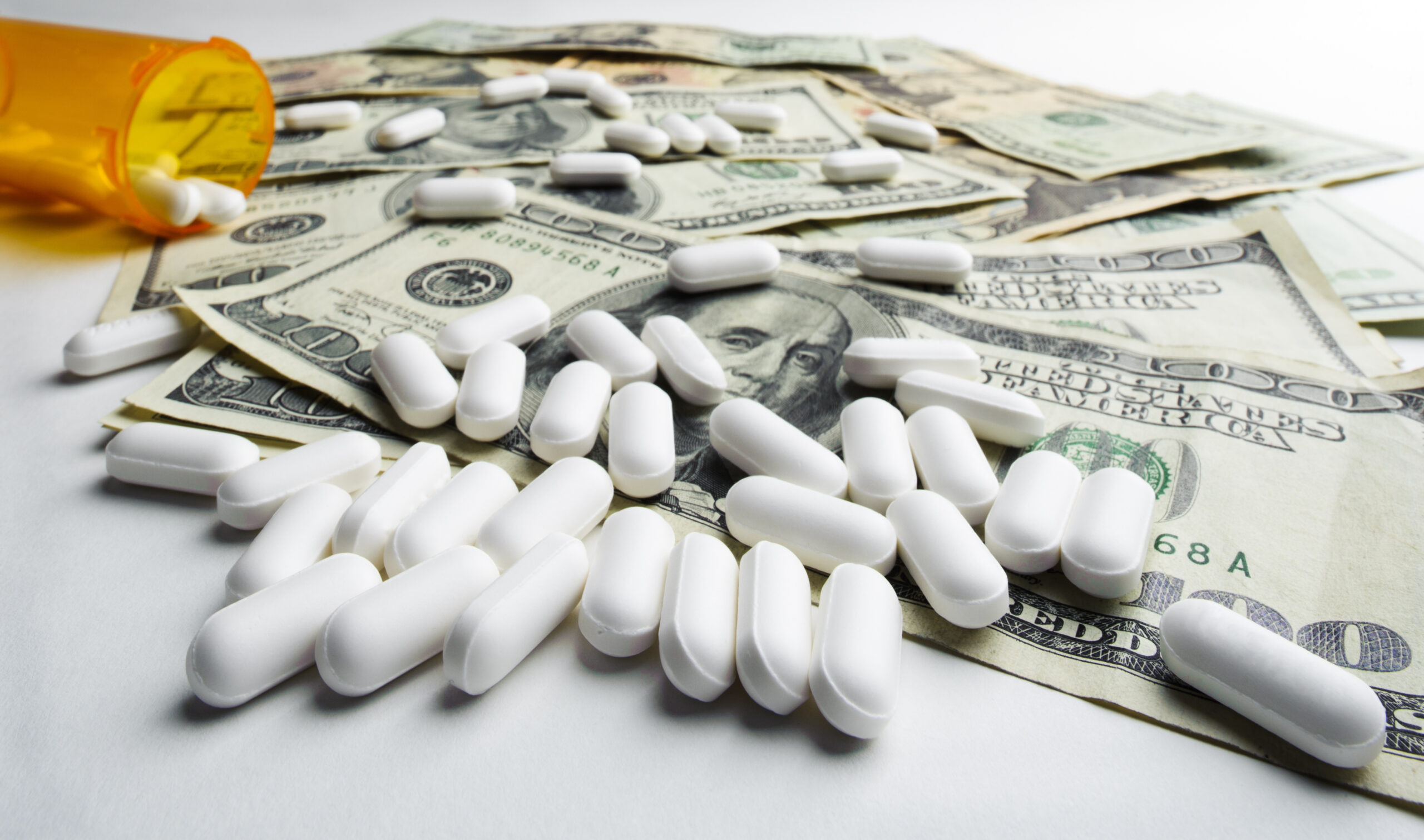© 2025 CSRXP- All Rights Reserved

CSRxP Welcomes Coalition Against Patent Abuse To Drug Pricing Conversation
Jan 16, 2019
The Campaign for Sustainable Rx Pricing (CSRxP) Communications Director Lauren Blair today issued the following statement applauding the launch of the Coalition Against Patent Abuse, a new multi-stakeholder organization working to protect patients from Big Pharma’s patent abuses, and encourage more generic and biosimilar competition:
“Big Pharma knows how to game the patent system to block out competition and protect their profits. In fact, this strategy has been so successful that many drug makers have been able to maintain their monopolies for decades, driving up prices on the same medications without making significant improvements to the products patients need most.
“Just look at AbbVie, which has increased price of Humira, the world’s best-selling drug,12 times over the last five years, action the company has been able to take by continually filing new patents that prevent any competing drugs from coming to market.”
“This coalition will play a critical role in shining a light on the industry’s most monopolistic practices and proposing solutions that boost generic and biosimilar competition, creating more choice and lower drug prices for patients.”
CLICK HERE to watch CAPA’s launch event.
Background:
A recent series of studies conducted by Initiative for Medicines, Access, and Knowledge (I-MAK) found that of the top 12 grossing drugs in America, over 125 patent applications were filed and 71 were granted per drug. These patent applications attempted to block generic competition from entering the market by an average of 38 years, nearly double 20-year protection normally intended under U.S. patent laws. (“Overpatented, Overpriced: How Excessive Pharmaceutical Patenting Is Extending Monopolies And Driving Up Drug Price,” I-MAK, 8/18)
I-MAK also found:
- Roughly 100 best-selling drugs between 2005 and 2015 found that, on average, 74 percent of the drugs associated with “new patents” in the Food and Drug Administration’s (FDA) records were not new drugs coming on the market, but rather existing drugs. (Tahir Amin, “The Problem With High Drug Prices Isn’t ‘Foreign Freeloading,’ It’s The Patent System,” CNBC, 6/27/18)
- The price of Humira, the world’s top drug by sales, has had its price increased by nearly 100 percentsince 2012 from$19,000 to $38,000. Humira producer, AbbVie, has filed 247 patent applications in an effort to delay competition for 39 years. (Danny Hakim, “Humira’s Best-Selling Drug Formula: Start At A High Price. Go Higher,” The New York Times, 1/6/18 & “Overpatented, Overpriced: Special Humira Edition,” I-MAK, 9/18/18)
- Insulin drug Lantus’ makers, Sanofi, have filed 74 patent applications since coming to market in 2000, which aim to extent their market exclusivity to 37 years. That is one and half times the number of patent applications filed for Lantus in the European patent office and three times the number filed in the Japanese office. (“Overpatented, Overpriced Special Edition: Lantus,” I-MAK, 11/1/2018)
- Autoimmune drug Enbrel’s primary patent ended in 2010, but 57 patent applications have extended its market exclusivity to 2029. Amgen’s patent efforts have led to a 129 percent increase in total Medicare and Medicaid spending between 2012 and 2016 alone, and Medicare spending per person during that time doubled. (“Overpatented, Overpriced: Enbrel Special Edition,” I-MAK, 12/3,2018)
